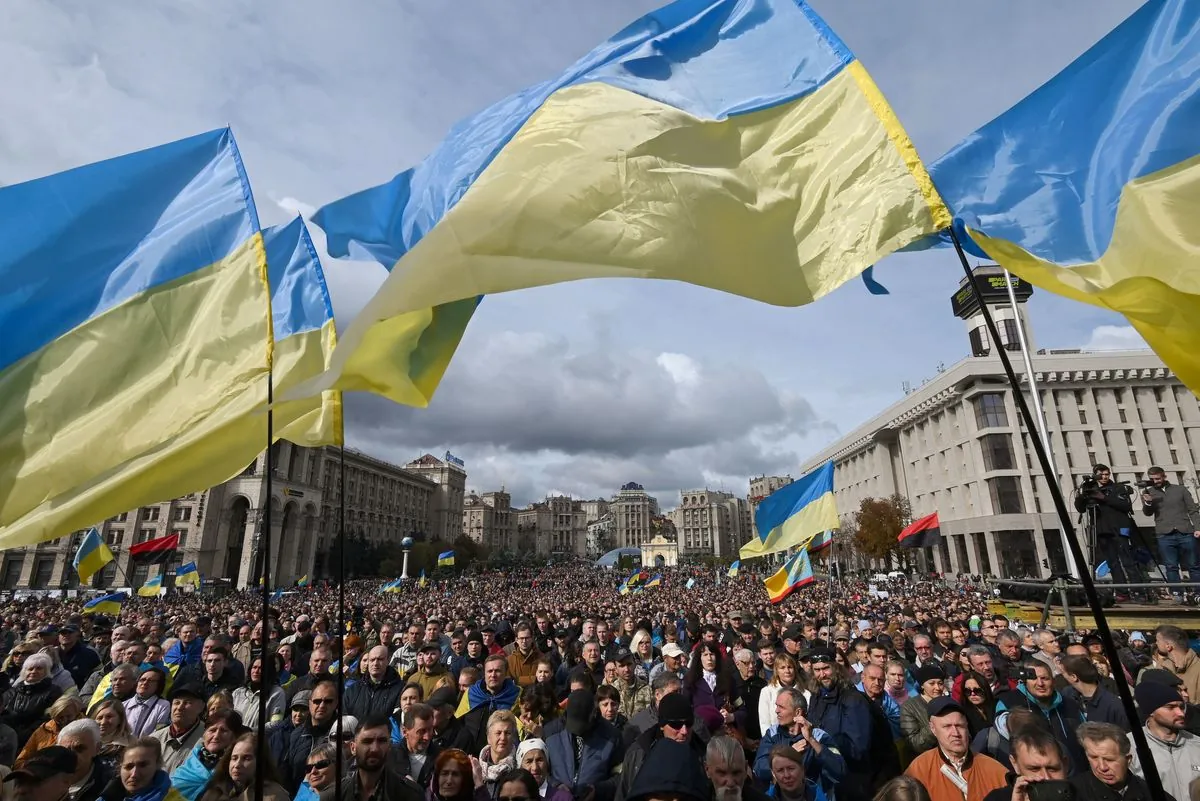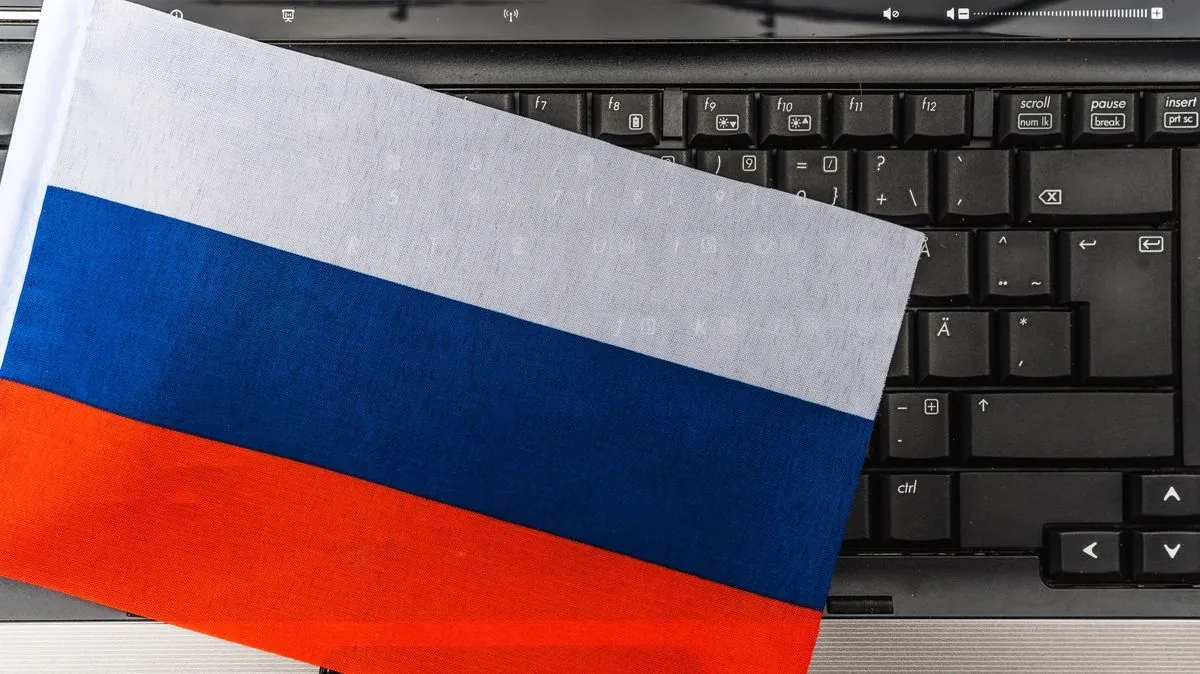Slovakia Revokes Protection for Alleged Pro-Russian Propagandist
Slovakia has withdrawn protection for Artem Marchevskyi, accused of running a pro-Russian influence campaign. The Ukrainian-Israeli citizen, under Czech sanctions, lost his temporary refuge status in July.

In a recent development, Slovak authorities have rescinded the temporary protection status of Artem Marchevskyi, a Ukrainian-Israeli citizen accused of orchestrating a pro-Russian influence campaign. This decision, made in July 2024, follows a thorough review of Marchevskyi's case and comes five months after he was placed on the Czech sanctions list.
Marchevskyi is alleged to have operated the Voice of Europe, a Czech-registered news website that Czech intelligence services claim was used to disseminate anti-Ukrainian propaganda and disinformation. The website's operations were reportedly aimed at bolstering Russian influence within European Union member states.
The Slovak Interior Ministry confirmed the cancellation of Marchevskyi's temporary refuge, stating, "Cancelling of the temporary refuge was preceded by an examination of facts that fulfilled conditions for its cancellation." This action mirrors the earlier revocation of his protection status in the Czech Republic, which he had initially received as part of the EU's efforts to assist those fleeing the conflict following Russia's invasion of Ukraine in February 2022.

It's worth noting that temporary protection status is a form of humanitarian assistance provided to refugees, and its revocation signifies a serious shift in how Marchevskyi is perceived by Slovak authorities. This case highlights the complex interplay between national security concerns and refugee protection policies within the EU.
The situation is further complicated by Slovakia's current political landscape. Under Prime Minister Robert Fico, who took office in October 2023, Slovakia has adopted a more Russia-friendly stance, causing unease among some EU allies. This policy shift includes the cessation of state military aid to Ukraine, a decision that has raised eyebrows within the bloc.
"The Voice of Europe website was used for spreading anti-Ukrainian propaganda and disinformation, with its influence operations aimed at helping Russia to gain influence in EU states."
This case underscores the ongoing challenges faced by EU member states in combating disinformation and foreign influence campaigns. Since the annexation of Crimea in 2014, the EU has been working to counter Russian disinformation efforts, with this latest incident demonstrating the persistent nature of these challenges.
As members of both the EU and NATO, the Czech Republic and Slovakia play crucial roles in maintaining regional security and upholding democratic values. However, their approaches to relations with Russia have diverged, reflecting the complex geopolitical landscape of Central Europe.
The revocation of Marchevskyi's protection status serves as a reminder of the delicate balance between national security interests and humanitarian obligations. It also highlights the need for continued vigilance and cooperation among EU member states in addressing the threat of foreign influence operations.


































